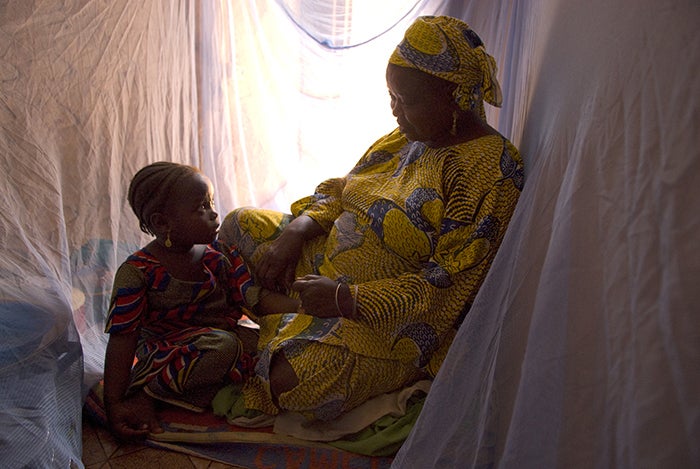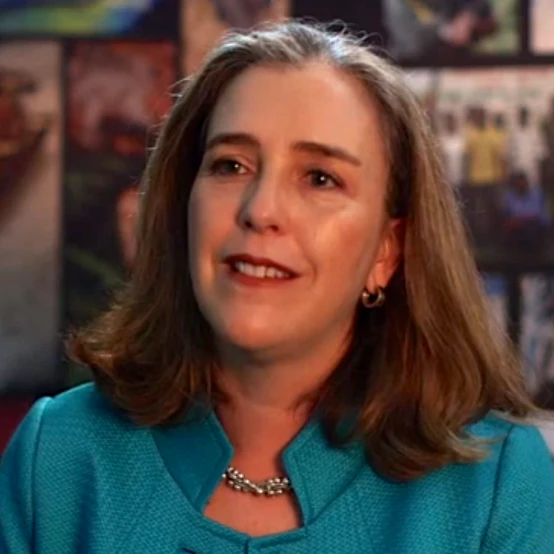
In a joint post, World Bank Director for Climate Change James Close teams up with Environment and Natural Resources Global Practice Senior Director Paula Caballero and Health, Nutrition and Population Global Practice Senior Director Tim Evans to comment on a new report released by The Lancet, which touches upon aspects of each of their portfolios and underscores the value in working collaboratively toward development solutions.
In a new report released today, the Lancet Commission on Health and Climate Change tells us that “tackling climate change could be the greatest global health opportunity of the 21st century.”
Among its recommendations, it calls on governments to invest in climate change and public health research and monitoring and surveillance, and to scale-up financing for climate-resilient health systems worldwide.
At the World Bank, we couldn’t agree more.
We know climate change increases the burden of many diseases for too many people, particularly those in the developing world. Heat stress, under-nutrition, diarrheal diseases like cholera, vector-borne diseases like malaria and dengue – each are changing in distribution and many are increasing as a result of climate change.
A more coordinated global community, however, can help overcome these threats to both improve health and slow the pace of climate change. Many of the report recommendations align with our work on climate change, including scaling up finance for climate resilience and expanding access to renewable energy.
The commission also proposes a new committee to provide expertise in implementing policies that mitigate climate change and promote public health over the next 15 years. Such a forum will help to ensure that health – perhaps the most fundamental indicator of well-being – is better represented in international fora and decision-making moving forward.
This report, while important in itself for mobilizing an influential public health community, also reinforces the World Bank's approach to these issues. It draws from the best peer-reviewed literature to understand climate change impacts. And it focuses on the opportunities ahead.
Our Global Practices and Solution Areas support the same fundamental approaches that connect climate change to health across sectors and business lines; environment, health, and climate change of course, but also to those working in areas like urban, transport, energy and rural development.
Today, specialists are working across sectors to develop a World Bank-wide approach to tackle climate change and health – together. This includes a research agenda exploring how poverty and development links with climate change and health, better understanding specific geographic impacts, and identifying sector-specific approaches to overcoming common challenges.
For example, last week the World Bank released the Little Green Data Book, which includes alarming data on pollution: 84% of the world’s people live in areas that exceed World Health Organization air quality guidelines. Many of the pollutants that cause immediate harm to humans are often co-emitted with climate pollutants linked to long-term warming, suggesting there are opportunities to co-control pollutants that are harmful now and in the future. With the establishment of a new Pollution Management and Environmental Health Trust Fund focusing initially on air quality management in countries facing rapid urbanization, we are working to seize this opportunity.
The human dimensions of climate change have perhaps never been more visible. Identifying opportunities for action focuses our energy where it can create impact. As members of World Bank senior management accountable for health, climate, and environment, we recognize the opportunity for global health, but also the opportunity for development. By connecting these areas, we are developing new knowledge and identifying new pathways for investment.
Ultimately, a healthy climate is linked to a healthy environment, and that, fundamentally, to healthy people.
Photo: Mosquito nets shelter beds in Nigeria. Arne Hoel/World Bank



Join the Conversation